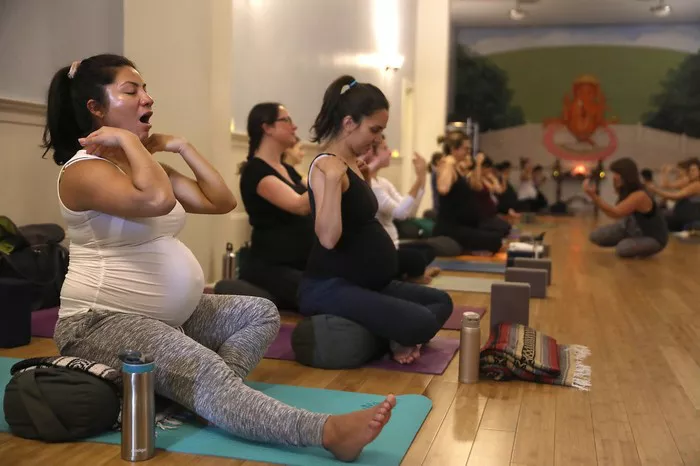A study published in Applied Psychology: Health and Well-Being reveals that laughter yoga significantly enhances well-being and alleviates stress among nursing students, suggesting it could be a valuable tool for addressing mental health challenges in higher education. However, the practice showed no measurable effect on students’ academic confidence.
The rigorous academic and clinical demands of nursing programs often lead to heightened stress, contributing to burnout, anxiety, and depression. Researchers Merve Altiner Yas and Olga Incesu from Istanbul University-Cerrahpaşa investigated whether laughter yoga could offer relief from these pressures.
Laughter yoga combines deep breathing exercises from traditional yoga with voluntary laughter, leveraging the brain’s inability to distinguish between genuine and simulated laughter. Participants can experience emotional and physiological benefits even when the laughter begins artificially.
The study involved 83 senior nursing students, divided into two groups: 41 students participated in five weekly 40-minute laughter yoga sessions, while 42 students in the control group received no intervention. The sessions included clapping, deep breathing, and playful exercises designed to stimulate laughter.
The findings showed that students who participated in laughter yoga experienced significant improvements in well-being and reported reduced stress levels after the sessions. However, no differences in perceived stress levels were observed between the two groups at the end of the study.
Academic self-efficacy, or confidence in performing academic tasks, remained unaffected. Researchers suggest this may reflect the intervention’s short duration or the high academic confidence levels reported by students at the outset.
The researchers acknowledged certain limitations, including potential bias due to self-reported data and the single-blind nature of the study. Despite these constraints, they emphasized the potential of laughter yoga as a cost-effective, non-pharmacological tool to enhance mental health.
“Laughter yoga can be utilized to support mental well-being in senior nursing students as a beneficial, non-pharmacological, and cost-effective approach,” the authors noted. They recommend integrating regular laughter yoga programs into university settings to promote mental health and well-being.
This study underscores the potential of innovative, low-cost interventions to address mental health challenges in demanding academic environments.
Related topics

























